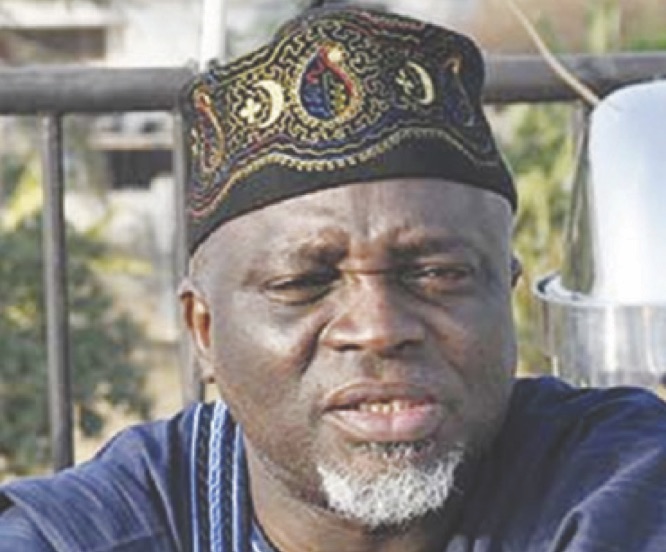CAPPA boss, Akinbode Oluwafemi | File Image
CAPPA: Smoke-free environments are not achieved by law alone—they require political will, budgetary allocations for tobacco control, inter-sectoral coordination, social acceptance, and consistent public education
By Valentine Amanze
Corporate Accountability and Public Participation Africa (CAPPA), a non-government organisation, has congratulated the Ekiti State government for the historic declaration of the state capital, Ado-Ekiti, as a smoke-free city.
The commendation came on the heels of the commemoration of World No Tobacco Day (WNTD) 2025 with the theme, “Unmasking the Appeal: Exposing the Tobacco Industry’s Tactics”.
CAPPA Executive Director, Mr. Akinbode Oluwafemi, in
a statement issued by Mr. Robert Egbe, the Media and Communication Officer, on Friday, described the declaration as a defining moment for Ekiti State and Nigeria’s tobacco control journey.
He also urged other cities to emulate same and implement smoke-free environments nationwide.
Oluwafemi pointed out that with the declaration, Ado-Ekiti has joined a growing global movement of subnational governments and cities that are taking bold steps to reduce tobacco exposure and protect the right to breathe clean air.
Recall that Hon. Bosun Osaloni, the chairman of Ado-Ekiti Local Government Area, made the declaration during a ceremony hosted in Ado-Ekiti by the state Ministry of Health to commemorate WNTD.
He announced that, henceforth, smoking is prohibited in all public places in the city, including schools, motor parks and offices.
He further assured that this directive would be backed by a local government by-law that domesticates the existing Ekiti State Prohibition of Smoking in Public Places Law.
Oluwafemi had said that the initiative reflected both local political will and a strategic alignment with global public health standards.
Also read: CAPPA advocates N300m Tobacco Control budget, appeals to NASS
His words: “By this gesture, Ekiti – famed for its leadership in the pursuit of knowledge – has again taken the lead by becoming one of the first states in Nigeria to not only prohibit smoking in public places but also declare its state capital, a no-go area for the tobacco industry’s products of death and disease.
“This strategic move aligns with global best practices and the Framework Convention on Tobacco Control (FCTC), to safeguard the health and well-being of Ekiti residents.”
The smoke-free cities campaign is a globally recognised public health strategy driven by evidence and championed by the World Health Organisation (WHO).
Across the world, smoke-free policies have helped save lives, lower healthcare costs, and transform social attitudes toward tobacco.
At the core of this approach is the MPOWER package—a set of six proven policy tools developed by the WHO to guide both national and subnational governments in effectively reducing tobacco use.
These measures include monitoring tobacco use and prevention policies, protecting people from tobacco smoke, offering help to quit tobacco use, warning about the dangers of tobacco, enforcing bans on advertising, promotion, and sponsorship and raising taxes on tobacco.
Oluwafemi noted that the emergence of vaping and other newer tobacco products in recent years has introduced fresh challenges, particularly among the youth.
He added: “These products are often marketed as safer alternatives, but they are neither safe nor an alternative to good health. On the contrary, the use of e-cigarettes and other vaping devices leads to nicotine addiction, respiratory issues, and potential long-term health consequences.
“The Smoke-Free Ekiti project is therefore a necessary counter to this trend. It will not only protect non-smokers from involuntary exposure but also shift social norms, reduce long-term health burdens, and foster a culture of wellness.”
CAPPA also urged federal and state governments across Nigeria to create a budgetary line for tobacco control, saying, “It is critical to countering the menace of the tobacco industry.”
Furthermore, it renewed its call for the federal government to significantly increase the Tobacco Control Fund (TCF) beyond the N13 million allocated to it in the national budget for 2025, in the interest of public health.
“Smoke-free environments are not achieved by law alone—they require political will, budgetary allocations for tobacco control, inter-sectoral coordination, social acceptance, and consistent public education,” Oluwafemi added.








